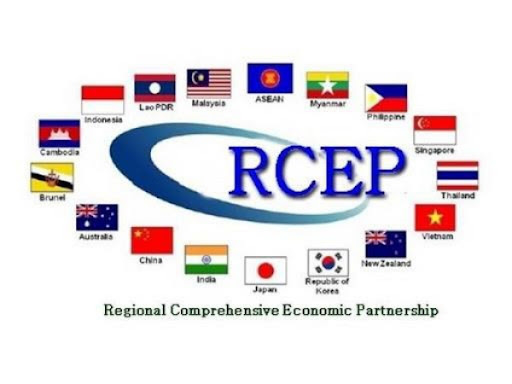Duties of ministries in RCEP implementation clarified
VGP - Permanent Deputy Prime Minister Pham Binh Minh has signed a decision clarifying duties of ministries in enforcing the Regional Comprehensive Economic Partnership (RCEP).

Accordingly, the Ministry of Industry and Trade is tasked to realize Chapter 1-Initial Provisions and General Definitions, Chapter 3-Rules of Origin, Chapter 7-Trade Remedies, Chapter 8-Trade in Service, Chapter 13-Competition and Chapter 2-Trade in Goods (contents related to import duty of RCEP members, general rules of interpretation and exports and imports).
The Ministry of Finance is responsible for implementing Chapter 4-Customs Procedures and Trade Facilitation and Chapter 2-Trade in Goods (contents related to import duty of Viet Nam).
The Ministry of Agriculture and Rural Development shall be responsible for implementing Chapter 5-Sanitary and Phytosanitary Measures, Chapter 2- Trade in Goods (contents related to agricultural goods) and Chapter 11-Intellectual Property (contents relevant to rights of varieties of plants).
Meanwhile, the Ministry of Science and Technology and the Ministry of Culture, sports and Tourism are in charge of the contents relevant to industrial property rights and enforcement of intellectual property rights and copyright and related rights, respectively, which are defined in Chapter 11-Intellectual Property.
The RCEP is a free trade agreement signed by the 10 ASEAN member countries and its five partners namely Japan, the Republic of Korea, China, Australia and New Zealand on November 15, 2020.
The deal came into force on January 1, 2022, creating the largest free trade area in the world, covering nearly one third of the population and about 30 percent of the global gross domestic product.
The RCEP is expected to create a space to connect production and trade throughout ASEAN and its partners, helping businesses enhance exchange within the region, making contributions to consolidating regional supply chains and recovering economy in the post-COVID-19 period.
